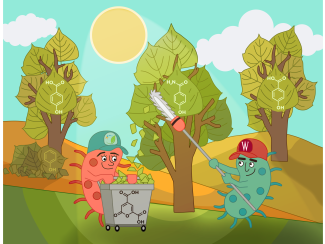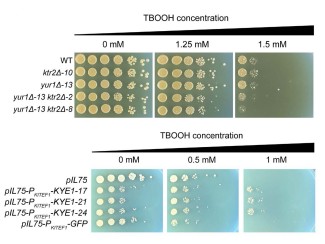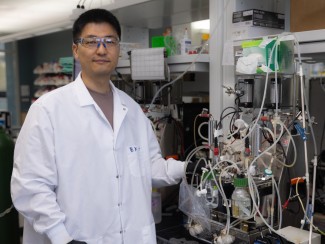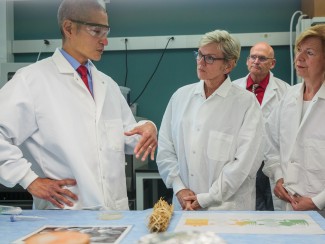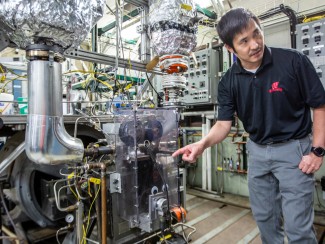Media coverage of WEI this month focused on breakthroughs in research on corn and yeast genetics, plant biochemistry, and a bike ride for solar awareness.
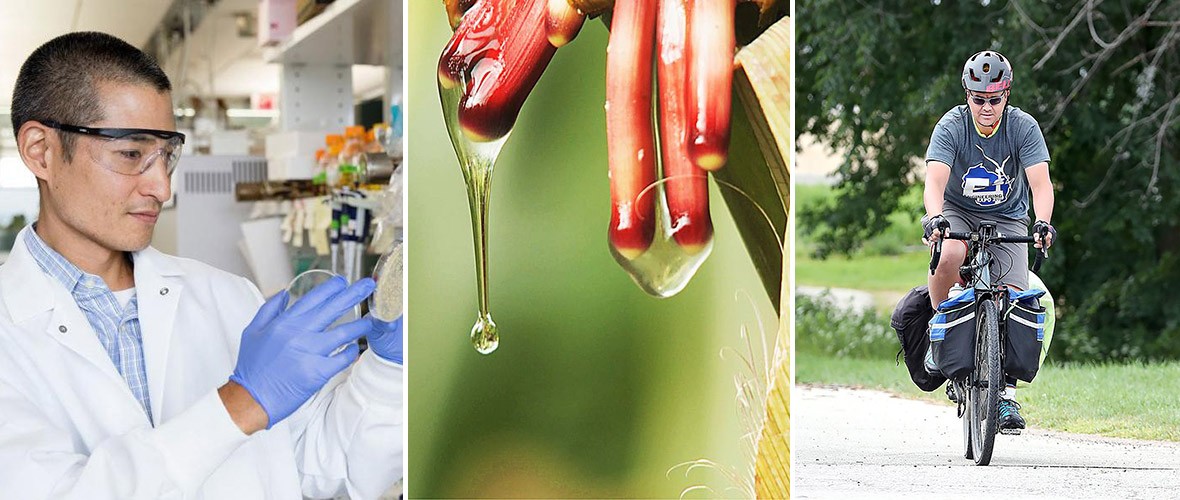
The corn of the future is hundreds of years old and makes its own mucus

Smithsonian
A variety of corn identified in Mexico and studied at UW–Madison and other institutions produces a mucus which feeds bacteria that in turn produce nitrogen for the plant. If the trait can be bred into conventional corn, it could lead to a revolution in agriculture, with less fertilizer and lower emissions.
Featured Researchers
Madison professor advocates, raises funds for solar power project in Puerto Rico with #Bikethesun

LaCrosse Tribune
James Tinjum, associate professor at UW-Madison’s Department of Engineering Professional Development, biked 1,250-miles through Wisconsin, Illinois, Iowa and Minnesota, touring about 50 solar energy sites and raising funds for a solar installation project in Puerto Rico.
Featured Researchers
Eating crickets may improve your gut health: study

Huffington Post
A new study in the Scientific Reports Journal suggests eating crickets can positively affect human gut health and even reduce overall body inflammation.
Featured Researchers
Discovery protects yeast from damage in biofuel production

Canadian Biomass
Researchers from the University of Wisconsin–Madison and several U.S. Department of Energy laboratories have identified two changes to a single gene that can make yeast tolerate pretreatment chemicals.

